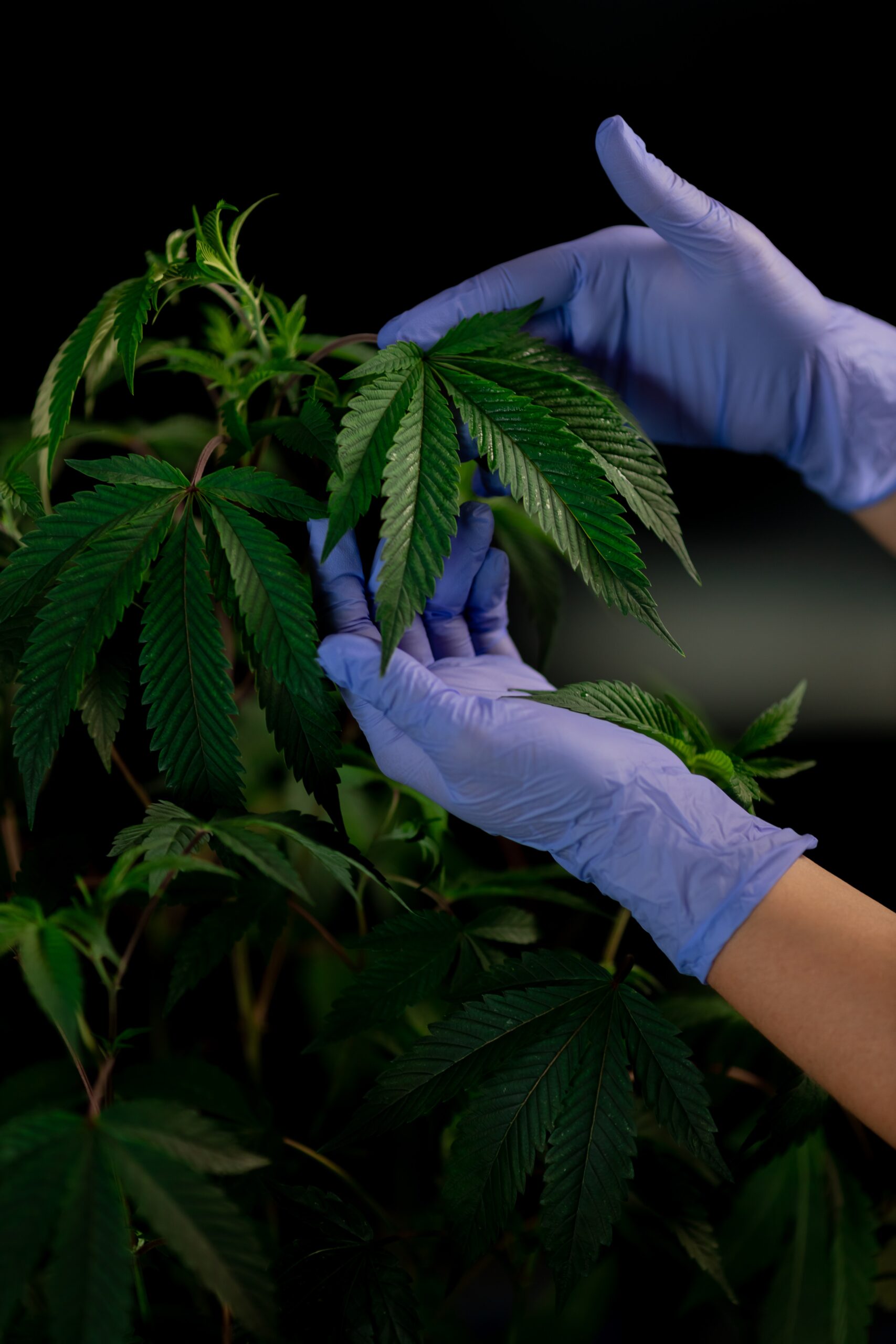By Ntombi Mhlongo
The proposed law to legalise investment in cannabis for medicinal purposes might not see the light of day anytime soon.
During a sitting at the House of Assembly on Thursday, some Members of Parliament (MPs) admitted that there were serious challenges with the proposed law which is known as the Opium and Habit-Forming Drugs (Amendment) Bill.
Before their admission, the MPs were expected to adopt a report on the Bill which has been presented by the portfolio committee of the Ministry of Health.
READ MORE: SA’s cannabis industry aims high
As per Parliament procedure, MP Mduduzi Dlamini in his capacity as the chairperson of the portfolio committee was supposed to table the report. However, he was not in attendance, and it turned out that even the Speaker, Petros Mavimbela was not aware of his whereabouts.
Also, the deputy chairperson of the committee was not in attendance. Interestingly, even the Minister of Health Lizzie Nkosi was not in attendance. As a result, the Speaker implored other members of the portfolio committee to stand up and tell the house what was happening. The Speaker said the committee members should tell the House whether there was any progress or not regarding the proposed legislation.
First to stand up in his capacity as a member was Mahlangatja MP Madala Mhlanga who is also the Deputy Speaker. He submitted that as a committee, they met the minister of Health who asked to know what was causing the delay in the passing of the Bill.
He then stated that it was obvious that the Bill will not pass in the current term of Parliament and that most MPs knew why. Another committee member, MP Princess Phumelele boldly submitted that there was a problem with the whole exercise of having the Bill passed.
“All the MPs, including those who are not committee members, know that there is a lot of noise regarding this Bill. They know deep down in their hearts where the problem is,” the Princess submitted.
READ MORE: Two men were arrested in SA for dagga possession
At that point, Lobamba Lomdzala MP Marwick Khumalo stood up to request that the committee members should be honest and tell the House what the real problem was. Again, Princess Phumelele stood up and submitted that when they tried to meet as a committee, it turned out that they did not form a quorum.
“It turned out that the timing is wrong since the general elections are fast approaching. The Bill will have effects on the elections,” the Princess said.
After her submission, the Speaker advised that the Bill was crucial and needed to be passed which is why it was tabled under a certificate of urgency.
The Speaker implored the portfolio committee to ensure that the report should be passed in the next sitting. Worth noting is that the Government of Eswatini has for more than five years been looking forward to the passing of this Bill as it was deemed as one that would stimulate economic recovery.
However, all that has happened over the years has been nothing but a back-and-forth whenever the time to pass the bill comes. In 2018, MPs voted against the debate of the same select committee report on the Bill and further instructed the Ministry of Health to withdraw it completely to allow for further consultations.
READ MORE: Dagga farmers hijack government-subsidised farm inputs
The MPs have always decried that the cannabis issue was of grave concern as it touched on the well-being of emaSwati. They argued that it was important to engage the local authorities; chiefs, as well as engaging the members of the public at the Inkhundla level since the affected people are there.
Experts have said that the Kingdom of Eswatini is missing out on big business because of the delay in passing the Bill. Neighbouring countries are already cashing in on the business of producing for export.
In 2021, medical cannabis producer Highlands Investments from Lesotho secured the sale of 8.5 tonnes of pure cannabis flowers for the European market that will be shipped to North Macedonia.
The shipment was said to be the world’s largest single legal cannabis export to date. In July of the same year, North Macedonia endorsed a draft law on the control of narcotic drugs, which allows the export of dried cannabis flowers in line with European Union rules.


